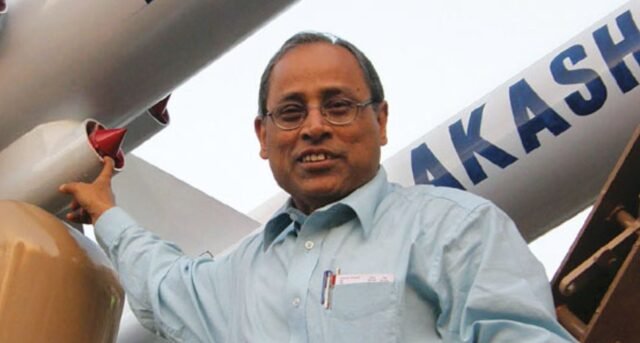Hyderabad: India’s future depends on identifying leaders with the vision and integrity of Dr A.P.J. Abdul Kalam, said missile scientist Dr Prahlada Rama Rao in Hyderabad, stressing that the government must actively locate and nurture such people across disciplines.
Speaking to Deccan Chronicle after delivering a lecture on “Strong Defence and Atmanirbharta – Twin Pillars for Viksit Bharat,” the Padma Shri awardee, often known as the “Akash Missile Man of India,” said finding individuals with both technological depth and national commitment could transform the country within a few years.
“If the country can identify even 10 such people, who perform with total dedication and give the nation something to be proud of, we will see a big change within five years,” he said, adding that this responsibility rests with the government.
Dr Rama Rao, who spent over four decades at the Defence Research and Development Organisation, underlined that leadership like Kalam’s is not limited to defence. He argued that similar visionaries are required in energy, shipbuilding, mobility, aeronautics, and electronics, if India is to achieve both Atmanirbharta and Viksit Bharat.
Speaking at the Hyderabad Management Association event held at the FTCCI auditorium, Dr Rama Rao used the Akash Missile System to illustrate how indigenous defence projects serve as catalysts for wider growth.
Far from being a military asset alone, Akash, he said, became a collaborative model linking scientists, industry, academia, and the armed forces. Its success not only strengthened national security but also generated jobs, wealth, and confidence in India’s capability.
He urged young people to think beyond employment. “Youth should aspire to be job generators and innovators, not just job seekers,” he said, emphasising that the culture of tolerating failure must take root if innovation is to thrive.
HMA president Alwala Devender Reddy called the evening “a proud moment,” saying Dr Rama Rao’s words connected science with leadership and management. HMA vice-president Sharath Chandra Maroju described the lecture as “an eye-opener,” noting that defence innovation, when pursued indigenously, can secure the nation and expand the economy simultaneously.







